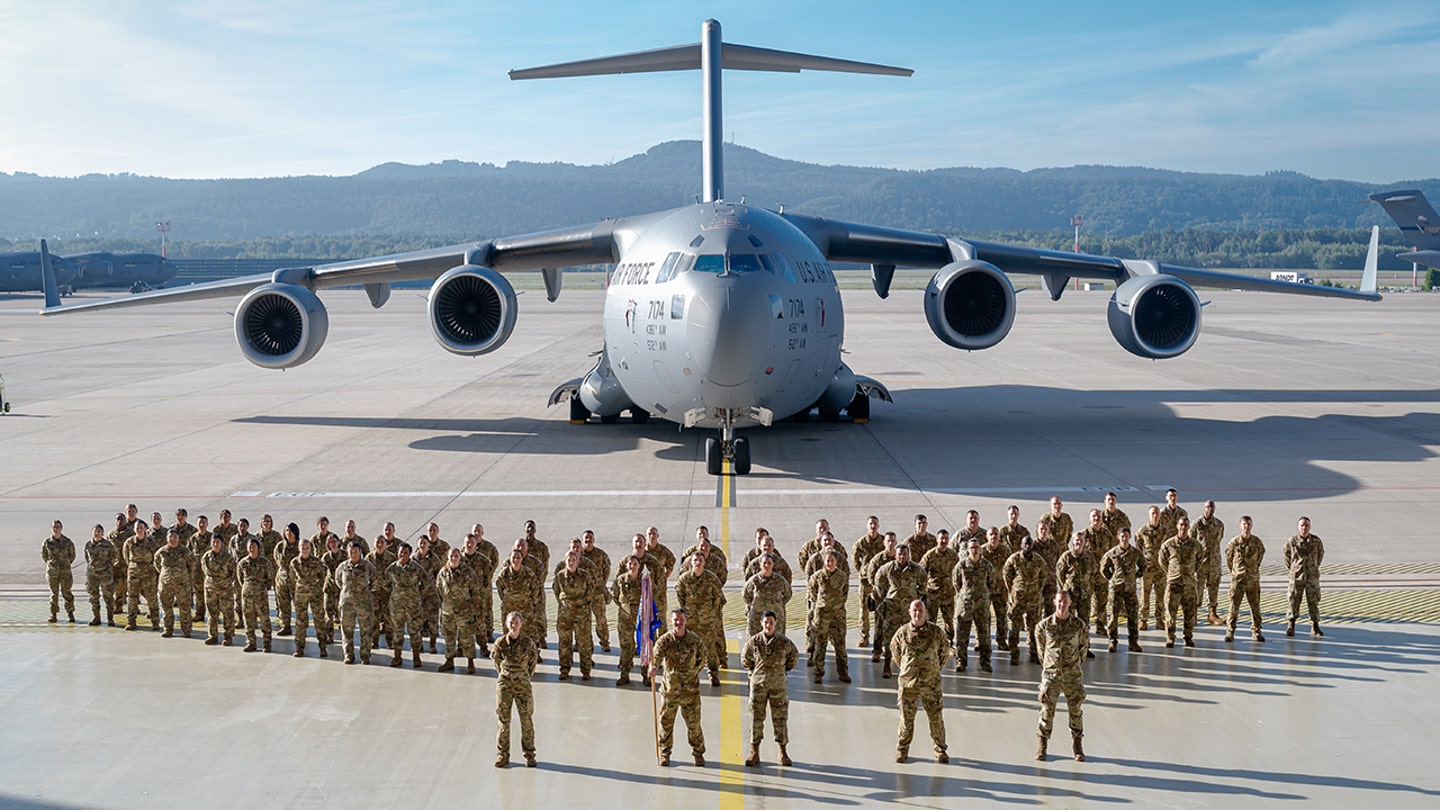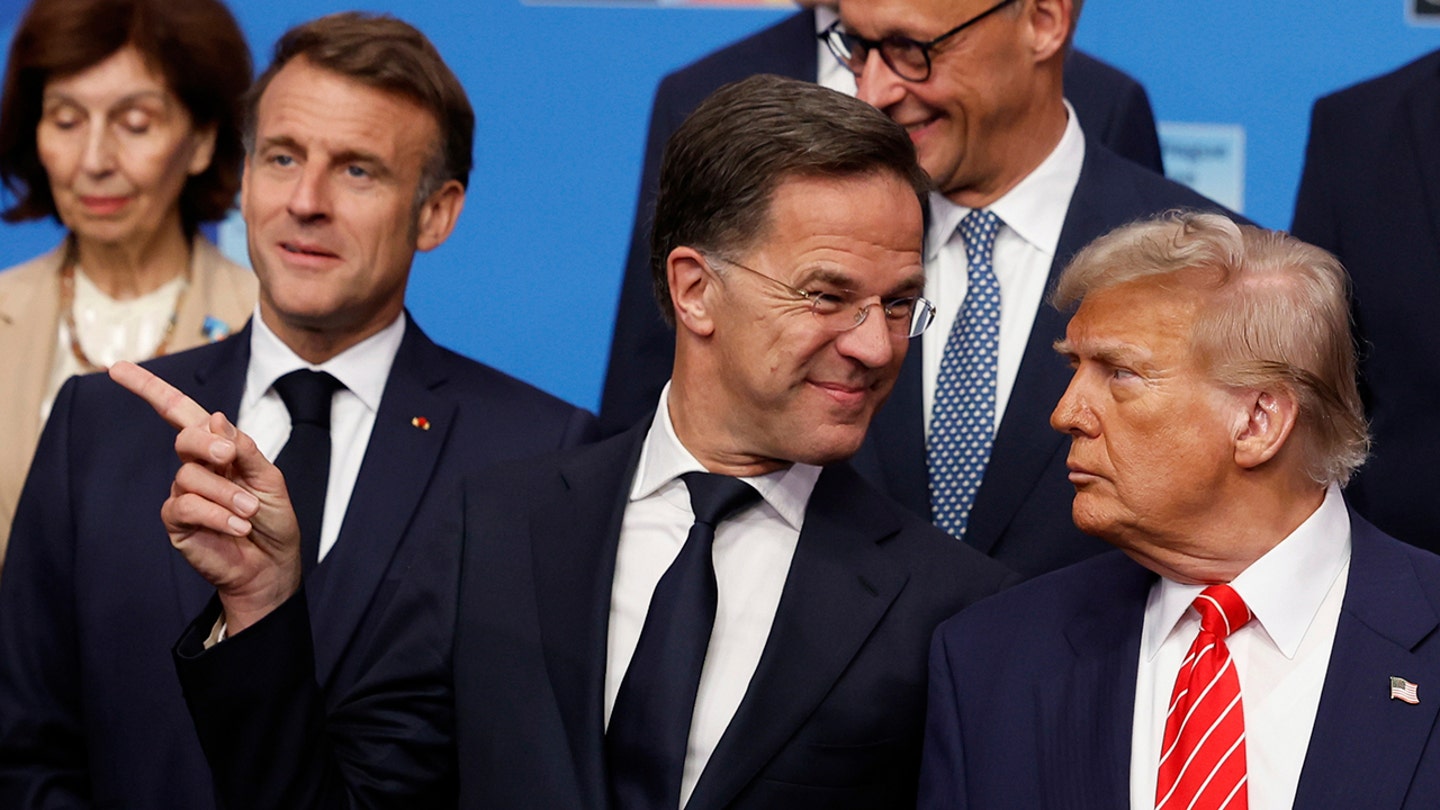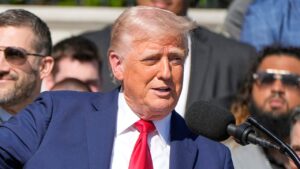The first-ever defense commissioner of the European Union has issued a chilling warning, stating that the world’s “most dangerous moment” could occur as early as 2027, when Russia and China might coordinate aggressive actions aimed at overwhelming Western defenses.
Andrius Kubilius, the EU’s commissioner for defense and space, echoed recent comments made by U.S. Air Force Gen. Alexus Grynkewich, NATO’s top commander for air operations. Both officials highlighted 2027 as a potential flashpoint year when simultaneous military actions by Moscow and Beijing could push the transatlantic alliance to its limits.
“The most dangerous moment can be in 2027, when both Russia and China will make these aggressive moves in a coordinated way,” Kubilius told reporters during a briefing in Washington.
Grynkewich had warned last week that the United States and its European allies must be ready to engage in two wars simultaneously – one in Europe, in case Russian President Vladimir Putin escalates in Ukraine or Eastern Europe, and another in the Pacific if Chinese President Xi Jinping launches an invasion of Taiwan.
EU Defense Commissioner Andrius Kubilius said: “The most dangerous moment can be in 2027, when both Russia and China will make these aggressive moves in a coordinated way.” (Reuters/Juan Medina)
“We’re going to need every bit of kit and equipment and munitions that we can in order to beat that,” Grynkewich said.
In a speech later on Monday evening, Kubilius stated that the U.S. has the “right and reason” to shift its focus towards China in the long run.
“We are recognizing that you, Americans, have really the right and the reason in the longer-term perspective to start to shift more and more toward the Indo-Pacific in order to mitigate Chinese rising military power,” he said.
“We Europeans need to ramp up our defense capabilities,” the former Lithuanian prime minister said, adding: “That is what we are doing.”

The U.S. is expected to soon reduce its force posture in Europe to turn more attention to the Indo-Pacific. (U.S. Air Force photo by Airman 1st Class Edgar Grimaldo)
The 2027 window has gained urgency as China rapidly accelerates its military modernization program, aiming to achieve what Xi Jinping has called “world-class” warfighting capabilities by the People’s Liberation Army’s centennial in 2027. U.S. and NATO officials also fear that Russia, despite sustaining major losses in Ukraine, could reconstitute and redirect its forces towards renewed aggression in Eastern Europe by that same timeframe – placing strategic pressure on two fronts simultaneously.
Kubilius traveled to Washington to assess potential shortfalls in European defense capabilities as the U.S. increasingly pivots its strategic attention towards the Indo-Pacific. He mentioned that EU member states are actively preparing for a shift in the American military posture on the continent.
As of 2025, more than 80,000 U.S. troops are stationed in Europe – a presence widely expected to decrease in the coming years as the Pentagon urges its European allies to take on greater responsibility for their own defense.
“We are preparing ourselves to take responsibility on our shoulders,” Kubilius said. “We don’t know what Americans will decide.”
Kubilius stressed that Europe must not only fund its own defense but also build it. He noted that the EU has reduced its reliance on U.S.-made weapons from 60% of total imports to 40%, and hopes to decrease that dependency further through increased domestic production.

NATO leaders at last month’s summit in Washington agreed to increase defense spending – from 2% of GDP to 5% for member countries. (AP Photo/Geert Vanden Wijngaert)
As defense commissioner, Kubilius is responsible for implementing an $840 billion framework to “Re-Arm Europe,” including a €150 billion loan facility available to member states for building out their armed forces and industrial capacities.
Separately, NATO leaders at last month’s summit in Washington agreed to a sweeping pledge to increase defense spending – raising the benchmark from 2% of GDP to 5% for member countries, a historic shift in alliance posture amid growing global instability.
To further add urgency, President Donald Trump announced that the United States would provide advanced weapons systems to Ukraine – on the condition that European partners cover the cost. Western defense ministers met on Monday to discuss the proposed financing mechanism.
“We’re going to be sending Patriots to NATO and then NATO will distribute that,” Trump said last week, referring to the high-value air defense systems that Kyiv has long sought.
Kubilius declined to elaborate on which other weapons may be included in the package, but underscored the critical importance of maintaining unwavering support for Ukraine’s defense against Russia’s full-scale invasion.
“China is watching,” he said. “China will be able to make a conclusion that if the West is weak in Ukraine, then we can expect aggressive behavior from China against anyone.”





